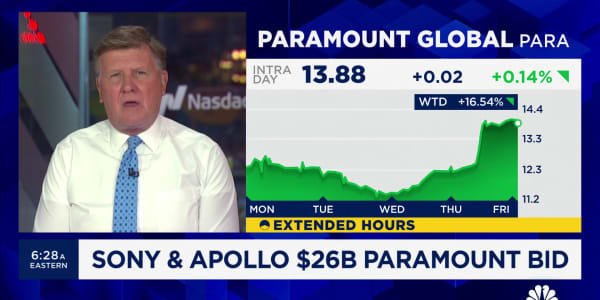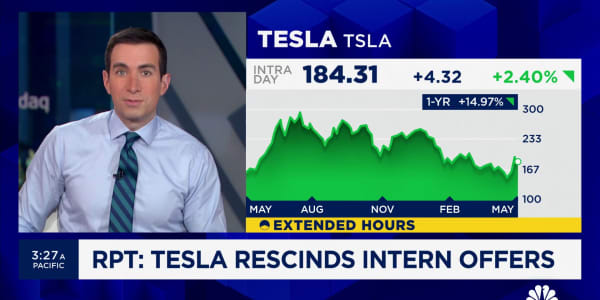Recapping the day's news and newsmakers through the lens of CNBC.
Notes:
With many decisions, not only must you be right, you have to be right at the right time.
That's one of the problems confronting short sellers, many of whom have been losing money holding out for a market plunge they are sure is inevitable. With stocks going up and up, several short-selling funds have recently closed, and the average short-based hedge fund was down nearly 17 percent this year through October. Those funds have lost big every year since 2008, with the exception of a miniscule gain in 2011, and many of the most heavily shorted stocks, such as Tesla, Chipotle, Netflix and Best Buy, have gone up even more than the broad-market indexes. Now many short sellers are clinging to the hope that the end of the Fed's quantitative easing will torpedo many stocks. But other experts think QE may have successfully primed the economic engine. Oppenheimer predicts the S&P 500 can produce double-digit returns next year.
Quote:
"This is it. It's the bottom of the ninth and we're about to hit a home run. I believe this is the best opportunity I will see in my life as a short seller."—Shorting expert John Fichthorn, co-founder of Dialectic Capital Management
JC Penney: From life support to rehab
Notes:
Strivers don't generally settle for gentlemen's Cs, but if you've been getting Ds and Fs, a C looks pretty good. Shares of troubled retailer J.C. Penney got a nice bump today after the chain forecast growing same-store sales for the holiday quarter. Sure, losses deepened for the third quarter, but that was not surprising given the costs of dumping merchandise that long-time customers had shunned. Shoppers seem to have warmed up to Penney's, thanks to a return to old brands and discounting. Penney's reported it had plenty of liquidity, easing one worry. But investors will be watching for an improvement in gross margins, which trail those of rivals like Macy's and Kohl's.
Quotes:
"It was on life-support. Now it's in rehab... We won't be talking about J.C. Penney a year from now—not because they are not thriving or because they are going out of business, but because they're just nothing.... If I could shop at other stores than J.C. Penney or Kohl's, then I would. I feel the same way about their stocks."—CNBC's Jim Cramer
"It shows they have right momentum now, but ultimately we're looking at the fourth quarter."—Walter Loeb, retail analyst with Loeb Associates
Bitcoins in a dark alley
Notes:
If you were walking through a rough neighborhood, how much of your net worth would you carry in your wallet? Not much, probably. But many owners of bitcoins, the cyber currency, are doing much the same thing. As bitcoin's value soars, thieves are finding inventive ways to pick people's pockets by using malware or hacking an exchange to get an individual's encryption key, which is used to unlock the bitcoin so it can be spent. One of the other hazards was illustrated last month when a Chinese bitcoin exchange, Global Bond Limited, disappeared overnight, costing bitcoin holders as much as $5 million. While there are ways to safeguard the encryption keys, such as keeping the key only on paper or a computer not connected to the Internet, experts warn that this is an unsupervised market with no safety net.
Quote:
"Unlike in real life, what is spent is spent. You aren't getting that bitcoin back."—Bogdan Botezatu, a senior analyst at the security firm Bitdefender
Menswear warfare
Notes:
Last week, Jos. A. Bank, the men's clothing chain, withdrew its offer to merge with troubled Men's Warehouse, citing the larger chain's refusal to negotiate. Today, the largest shareholder in Men's Warehouse cranked up pressure to revive the deal by pushing for bylaw changes making it easier to oust board members who won't go along. Eminence Capital CEO Ricky Sandler, whose firm owns nearly 10 percent of Men's Warehouse, says the board gave up nearly $2 billion in value when it passed on the offer.
Quote:
"If it takes us to next October to get full control of the board and effect the merger here, we're prepared to do that."—Ricky Sandler, Eminence Capital
—By Jeff Brown, Special to CNBC.com




